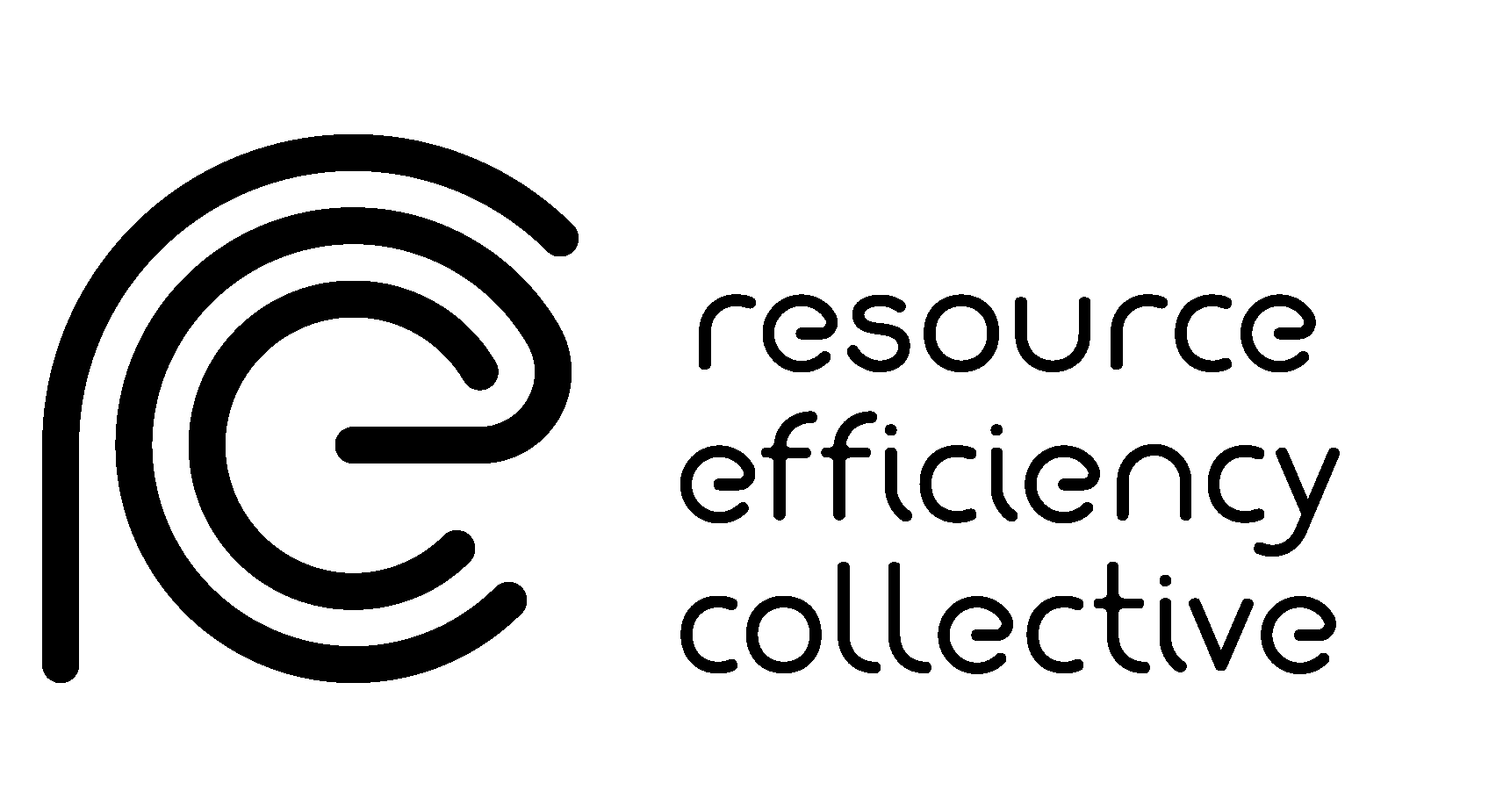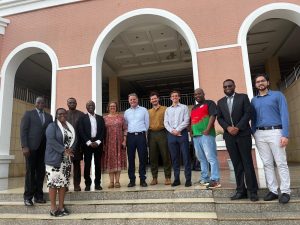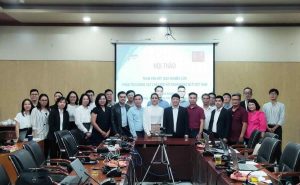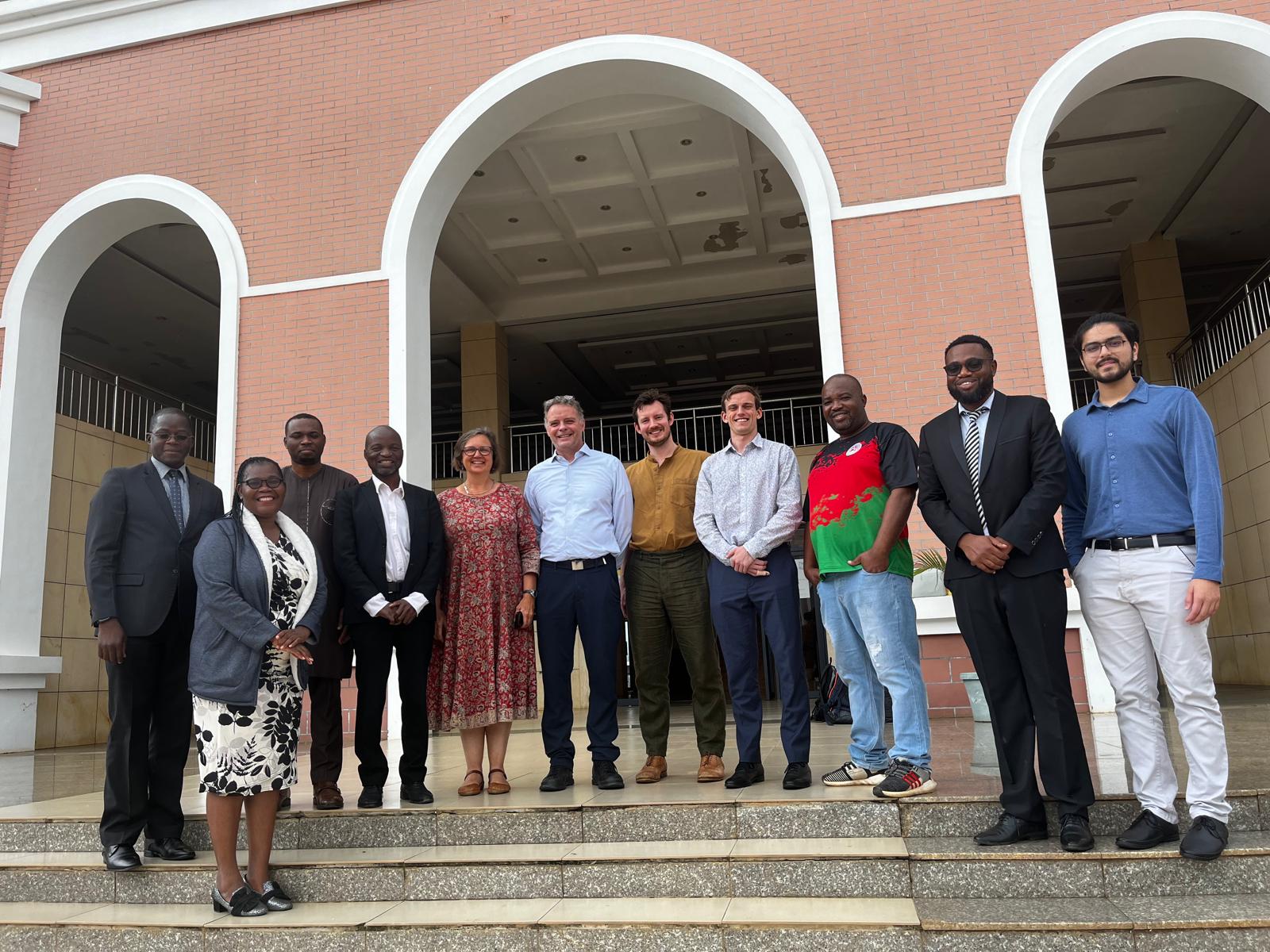Reflections from the NHS Procurement and Supply Chain Conference
The annual NHS procurement and supply chain conference was hosted by the HCSA (Health Care Supply Association) on November 28-29th in Manchester. The conference convenes NHS professionals and industry leaders in the healthcare procurement and supply chain sector.
Highlights from Day One include:
- Professor Tim Briggs presented how certain NHS Trusts are improving efficiency to address the backlog of surgeries and reduce patient wait times.
- Peter Smith identified the key drivers to improve procurement to avoid bad buying and criminality. Bidding for competition is key to avoid corruption and nepotism.
- Gerrard Orrock from SAP suggested that sustainable procurement can be enabled by digitisation, which benefits spend compliance, cost optimisation, operational efficiency, working capital, and strategy.
Highlights from Day Two include:
- Sarah Furness, former RAF combat helicopter pilot, presented a motivational message and encouraged the audience to improve productivity by focusing on one thing at a time (uni-taksing). Sarah suggested that we have the power to decide where we want to focus our attention and encouraged us to choose a top priority (i.e., high value task) each day.
- Joolz Lewis, from Legitimate Leadership, unpacked what trust in management looks like. Specifically, Joolz highlighted that leadership is a choice (management is a title), and that good leaders care about their people and empower them to grow. Care is exhibited through the generosity of time and attention, where the leader shows compassion and gets to know their people personally. Growth is exhibited when the leader uses the job to grow the person and provides them with the tools and ability to progress.
- Alexandra Hammond, Head of Sustainable Procurement and Supply Chain for NHS, outlined the NHS progress in achieving Net Zero, Social Value, and eliminating Modern Slavery in the NHS supply chains.
My research focuses on understanding Modern Slavery in medical supply chains. The issue of Modern Slavery was raised a few times during the conference, and it is clear that the NHS procurement and supply chain community is aware of the issue. However, some attendees raised questions about how to verify whether products are made without Modern Slavery, and others identified that there is a need to understand Modern Slavery risk across product categories. Overall, further research and knowledge are required to address this issue in procurement, to which I hope my PhD research can contribute.













